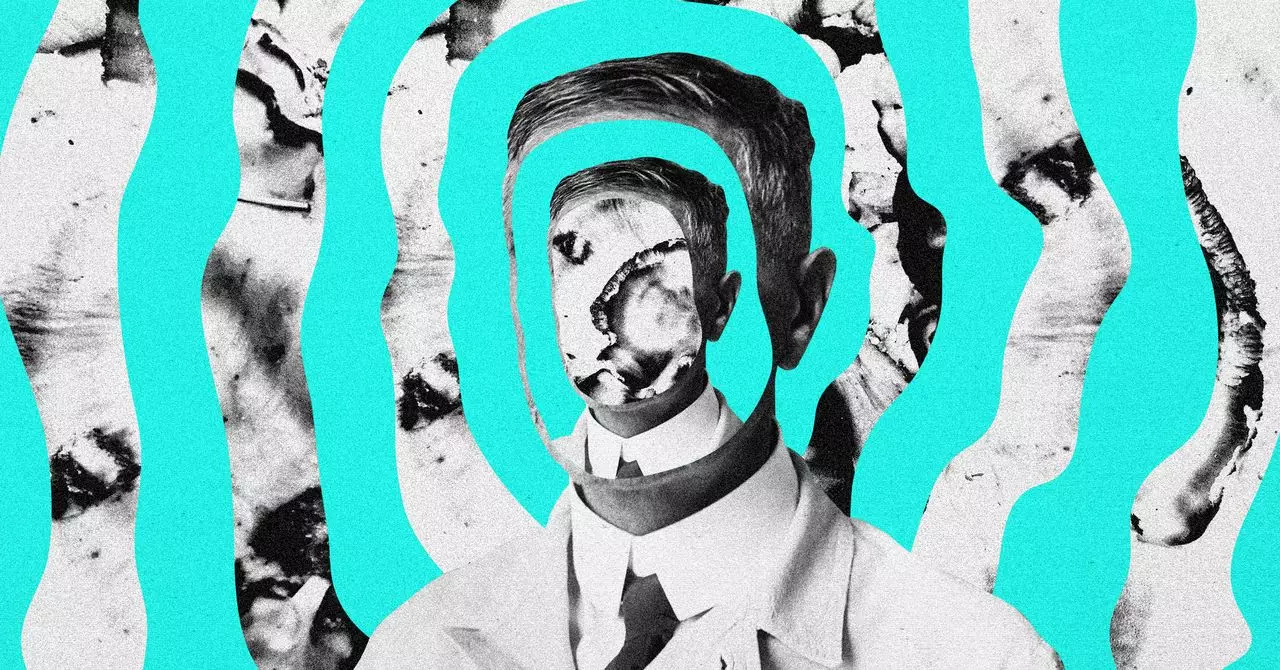The integration of artificial intelligence into mental health treatment is not just a futuristic concept—it is rapidly becoming a reality that promises to revolutionize how we approach psychological well-being. Pioneer entrepreneurs like Christian Angermayer are advocating for AI tools to complement human therapists, particularly within psychedelic-assisted therapy frameworks. This emerging synergy offers a compelling blend of technology and traditional care, aiming to enhance patient outcomes through continuous, personalized support. However, while the potential benefits are enticing, this evolution raises profound questions about safety, ethical boundaries, and genuine human connection.
A striking aspect of this development is the notion that AI can serve as an early intervention system during and after psychedelic sessions. Instead of replacing trained professionals, AI functions as an auxiliary tool, monitoring mood shifts and behavioral patterns when human presence might be unavailable or impractical. This hybrid approach acknowledges that the therapeutic value of psychedelics often hinges on careful guidance and support, emphasizing that AI will always need to operate alongside trained healthcare providers. The idea is to create a supportive environment where AI acts as a gentle aide rather than an autonomous healer—a recognition of the nuanced nature of mental health treatment.
Empowering Self-Discovery with AI: A New Perspective on Consciousness
On an individual level, some users are already reporting notable benefits from AI-assisted mental health tools. Take the case of Trey, who credits an AI app with helping him maintain sobriety. Often described as a virtual subconscious, the app’s ability to analyze journal entries and ongoing interactions fosters heightened self-awareness. Trey’s experience underscores an intriguing possibility: AI may become a mirror, reflecting our inner worlds with remarkable accuracy and enabling profound self-insight. This can be especially valuable during the vulnerable and complex psychedelic journey, where internal narratives often surface in intense ways.
The developers behind these tools emphasize that their AI is not a superficial chatbot but a deeply personalized system that adapts based on the user’s emotional state and history. By doing so, these platforms aim to gently challenge negative thought patterns and promote healthier choices. This approach resonates with the core principles of therapeutic change, which hinge on understanding oneself better and cultivating resilience. Yet, there’s an underlying question of whether such systems can truly grasp the depths of human complexity, especially during the altered states induced by psychedelics.
The Ethical and Safety Dilemmas: Navigating Uncharted Waters
Despite the promise, critics argue that relying heavily on AI in such sensitive contexts is fraught with perils. Psychedelic experiences can be unpredictable, often surfacing subconscious fears or traumatic memories in ways that demand nuanced human empathy and real-time judgment. Automated systems, lacking emotional attunement, risk missing subtle cues or misinterpreting distress signals, potentially leading to dangerous situations.
Moreover, there are alarming reports of AI platforms like ChatGPT being linked—albeit anecdotally—to episodes of psychosis. While these instances occur outside the psychedelic realm, they exemplify the inherent limitations of current AI models: they do not possess genuine emotional understanding and are incapable of providing co-regulation of the nervous system. This is critical, as the therapeutic window during psychedelics is highly fragile; missteps can have lasting consequences. Professionals like Manesh Girn emphasize the importance of maintaining human oversight, so that AI remains an auxiliary aid rather than the sole arbiter of mental health support.
Another pressing concern lies in ethical boundaries. The collection and analysis of personal psychological data raise privacy issues and questions about consent and data security. As AI systems become more integrated into mental health realms, safeguarding personal information must be prioritized to prevent misuse or exploitation.
As AI begins weaving itself into the fabric of psychedelic therapy, its role promises to be both transformative and challenging. The potential for AI to foster self-awareness, assist therapists, and provide continuous support is unparalleled. Nonetheless, this technological leap must be approached with caution, ensuring that compassionate human contact remains central. The future of mental health treatment does not lie solely in algorithms but in a balanced synergy where technology amplifies human empathy, not replaces it. Only by navigating these uncharted waters carefully can we harness AI’s true power to uplift and heal.

